Do you feel like your budget is tighter than ever? Even if you’re just purchasing essentials and skipping splurges, it might seem like every receipt is larger than the last—especially at the grocery store.
Buying in bulk can help you lock in lower food prices and reduce your costs on a number of other staples—but not always. It depends on the item.
I’ve compiled a list of the best things to buy in bulk … as well as items that you’re better buying a little of at a time. Read on to learn how you can maximize your hard-earned money the next time you’re at the grocery store or wholesale club.
Buy These Items in Bulk
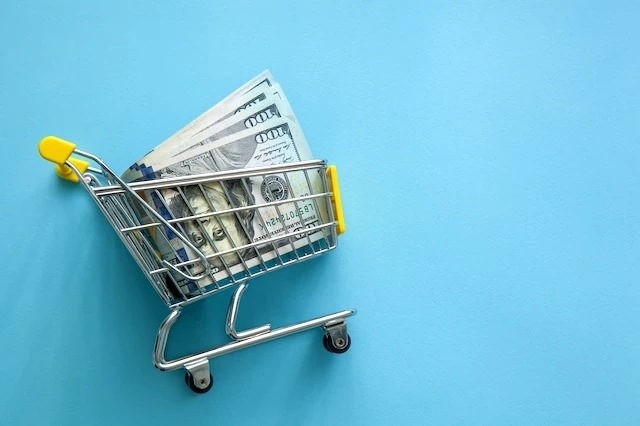
When you’re shopping for these items, you’ll want to push around two carts. That’s because they’re best made in bulk purchases to save money.
Importantly: Most items are often cheaper when bought in bulk, but not always. So always check to make sure the price you’re getting for a bulk purchase is actually cheaper than buying in smaller amounts.
1. Canned Foods

Canned food lasts for literally years, making it a perfect candidate for bulk buying. Canned food is typically inexpensive compared to fresh versions in the first place, and it lasts nearly indefinitely. Canned goods range from vegetables and beans that you can use to round out meals, to whole meals like pastas and soups, making them a versatile pantry staple.
Related: Food Costing a Fortune? Here’s 12 Tips for How to Save Money on Groceries
2. Cleaning Supplies

While cleaning supplies can lose some effectiveness over time, it’s a minimal amount. For instance, unopened laundry detergent, for instance, usually has a shelf life of 12 to 18 months; unopened fabric softener usually takes two to three years to expire. So if your favorite cleaning supplies go on sale, or if they’re simply cheaper in bulk, buy them in bulk!
And maybe if you buy these household items in bulk, you’ll even be motivated to tackle the deep cleaning on your list. Maybe.
Related: 10 ‘Frugal’ Habits That Aren’t Actually Saving You Money
3. Diapers + Baby Wipes
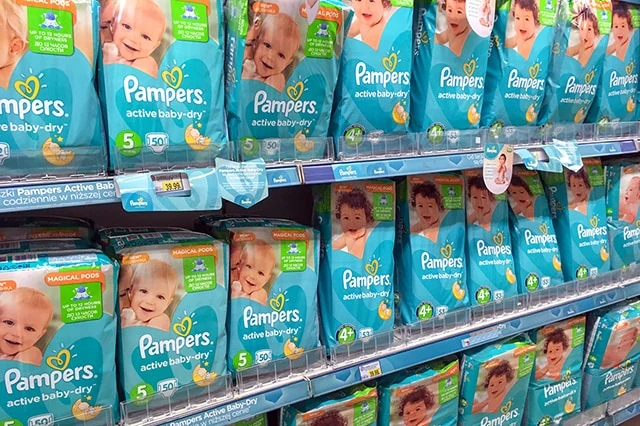
As seasoned parents know, you need far more diapers and baby wipes than you originally expected. You also know that discovering you’ve run out of diapers can be a disastrous situation. These products are expensive, so it’s better to buy bulk packages whenever possible—not just for the savings, but also for the peace of mind.
Alternatively, you might consider signing up for a subscription service, which could save you money and will automatically deliver these items regularly to ensure you never run out.
Related: Always Buy the Cheapest Versions of These Products
4. Toilet Paper + Paper Towels
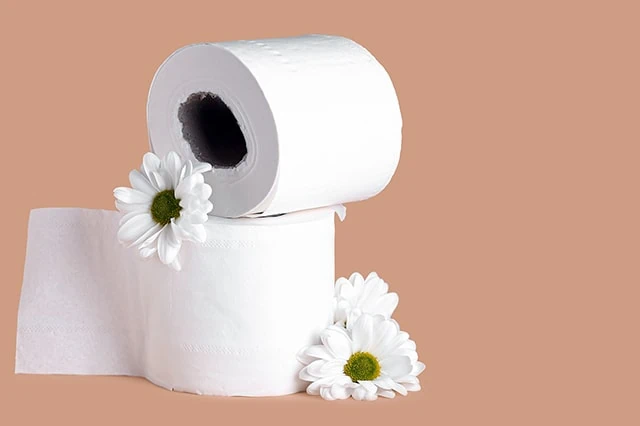
We all remember the great toilet paper shortage of 2020—and generations of people will forever stock up on toilet paper just so it never happens again.
To be fair, you never want to suddenly discover you’re out of TP. Fortunately, toilet paper (and paper towel rolls, for that matter) last a long time, making them excellent candidates for bulk purchases. This goes for other paper products, including paper plates, napkins, and parchment paper.
Related: 10 Items You Should Always Buy New
5. Dry Pasta
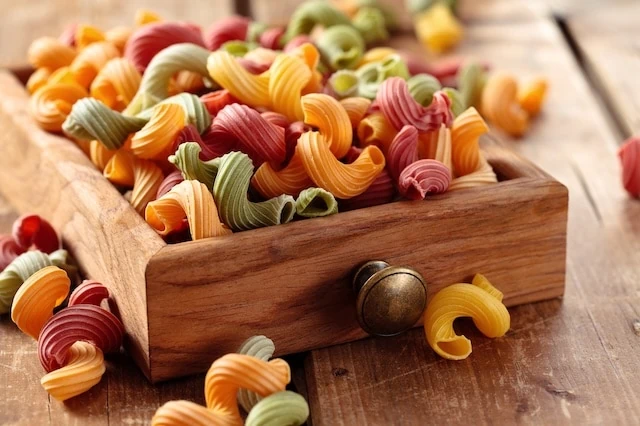
Pasta is a meal staple in many households, and it’s perfect to buy in bulk because it takes a long time to spoil—unopened boxes of pasta can last two to three years. It’s a quick, easy, versatile food product that’s filling and fast to make when you’re hungry and don’t want to make a trip to the grocery store.
Also, pasta meals make for some of the best leftovers (reheated pasta isn’t just tasty, but some scientists argue it’s healthier!). So rather than buying frozen food that incorporates pasta, buy pasta in bulk and use it in your meal prepping routine.
Related: Frugal vs. Cheap: What’s the Difference?
6. Pet Food

Does your pet always seem to know when it’s dinner time? Don’t disappoint them by running out of pet food. Both wet and dry pet food have a long shelf life; and given that this product can be expensive, you can use the savings from buying in bulk.
Whatever you do, don’t buy a new pet food in bulk—if your pets try it and they refuse to eat it, you’ll be stuck with a lot of useless cans. (And if you do do this, donate it to a pet shelter.)
Related: Stop Shrinkflation! 14 Products Affected: Tips to Save Money
7. Toiletries
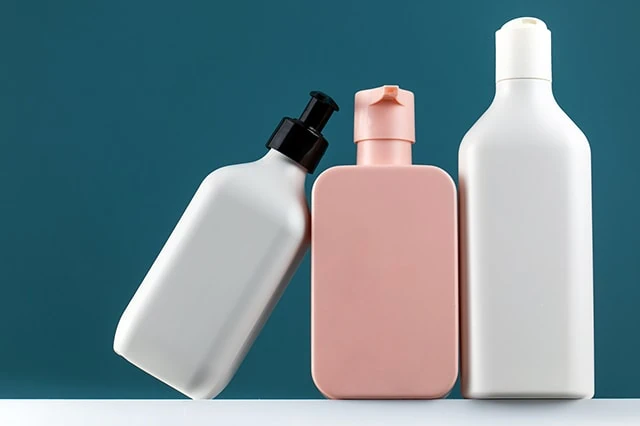
Household essentials such as deodorant, shampoo, conditioner, and toothpaste are excellent items to buy in bulk. As long as these toiletries are the ones you typically use, you know you’ll end up using them all eventually.
Also, brands frequently reformulate these types of products or discontinue them, so if you have a favorite or two, it makes sense to stock up so you can keep using those products for quite a while longer.
Related: Want to Become More Minimalist? Start by Tossing Out These Items
8. Menstrual Products
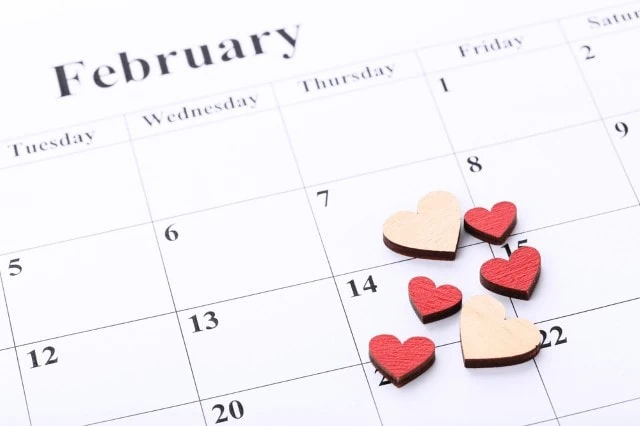
Unless you’re planning on becoming pregnant soon, you absolutely never want to run out of menstrual products—so you might as well buy in bulk. Doing so can help you keep an emergency stash in purses, suitcases, and other strategic locations.
The “pink tax” is real, so you should save money in this department whenever possible. And they’re durable—the shelf life for these products is about five years.
If you do end up with more than you need, menstrual products are a wonderful item to donate to homeless or women’s shelters.
Related: 20 Big-Ticket Items Worth Splurging On
9. Dry Snacks

The expiration dates for dry snacks vary. For example, unopened potato chips usually last only one month past the expiration date, while crackers and pretzels can often last up to three months. Unpopped popcorn is usually good for up to one or two years.
So, you’ll want to be selective about buying dry snacks in bulk, as some of them don’t last as long as other items on this list. Still, for families, they can be worth buying in large quantities.
Related: Consumers Are Drawing the Line at These Too Expensive Products + Services
10. Gift Wrap + Greeting Cards

Assuming you have sufficient storage space, you can save a significant amount of money by bulk-buying gift wrap, tissue paper, and greeting cards when they are on sale.
Here’s a tip: If you stick to solid colors or non-clearly-holiday-related patterns, you can use gift wrap for any occasion throughout the year. You never know when an event might warrant a gift or card, and it’s much easier to be prepared than to grab something last minute.
Related: 10 Items You Should Always Buy Used
11. Trash Bags
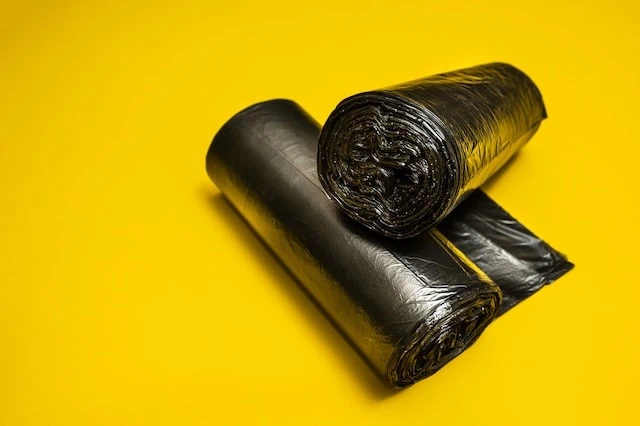
We could all do better by the planet by producing less trash, but we still have to contain whatever we throw away. Trash bags can literally last for decades, and you regularly use these household items, so you should heavily stock up on them when they go on sale. Buying larger rolls of bags doesn’t take up much extra space either. You can find bulk deals on these at standard grocery stores, wholesale clubs, and mass merchants.
Related: Feeling Thrifty? How to Save Money at Thrift Stores
12. Dried Beans
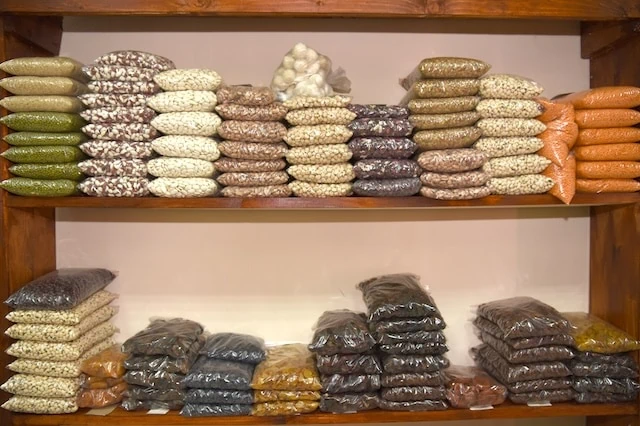
Beans are a staple in many people’s diets and a healthy meal addition. Dried beans are considered non-perishable, though they start to lose some of their nutritional value after two to three years.
Some people prefer dried beans over canned ones because they aren’t full of sodium and are usually more affordable. You can already save money buying dried beans over canned; and when you buy in bulk, you can increase your savings.
Related: 20 Junk Fees We Hate Paying [And How to Avoid Them]
13. Vitamins (Sometimes)

The “best before” date for pill-form vitamins varies, but it’s usually at least two years. Since most vitamin-takers have their pills daily, it can make sense to buy your vitamins in bulk for a cheaper price. Even at a regular grocery store, it’s usually easy to find what you need in larger bottles. (Plus, staring at a big ol’ bottle every day might help you remember to take them.)
Chewable or gummy vitamins will have a shorter shelf life. These absorb moisture, become sticky, and tend to degrade faster. Even if these still provide nutrition, they become less appealing as time goes on, and thus, they’re not a good bulk purchase. (By the way, to make these kinds of vitamins last longer, keep them stored in a cool, dry place.)
Related: 7 Best Schwab Index Funds to Buy
14. Batteries
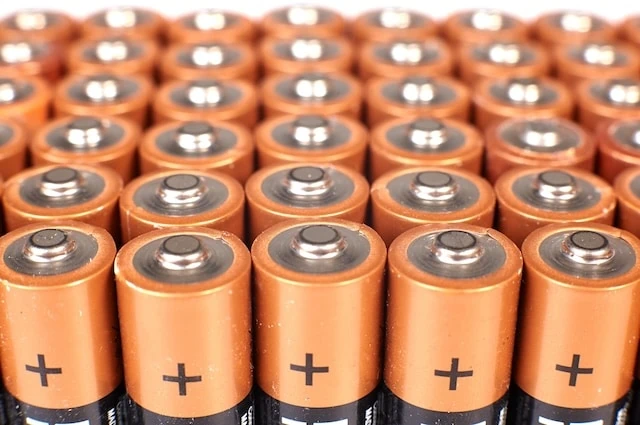
Batteries have one of the most impressive shelf lifes on this list, lasting anywhere between 5 to 12 years depending on the fuel (alkaline, lithium, etc.). And because they’re pricey, it definitely makes sense to buy them in bulk. Besides, you never know when a device’s batteries are about to die or when you’ll get a new product that needs batteries, so it always makes sense to have extra batteries on hand.
Don’t Buy These Items in Bulk

Think twice before purchasing any of these items in bulk. In many cases, whatever per-unit savings you might achieve are going to be canceled out in other ways.
1. Highly Perishable Foods

Unless you have a very large family, perishables don’t make good bulk purchases. Avoid buying an excessive amount of certain fruits, vegetables, fish, meat, or milk. Sure, you might get an incredible discount by the pound or the ounce when you buy in bulk, but if half of it ends up tossed into the trash, your savings have gone to waste.
(Note: You can make some of these fresh foods last longer by freezing them. But in some cases, doing so for too long can impact flavor and texture.)
Related: Best Vanguard Retirement Funds to Hold in an IRA
2. Items Expiring Soon
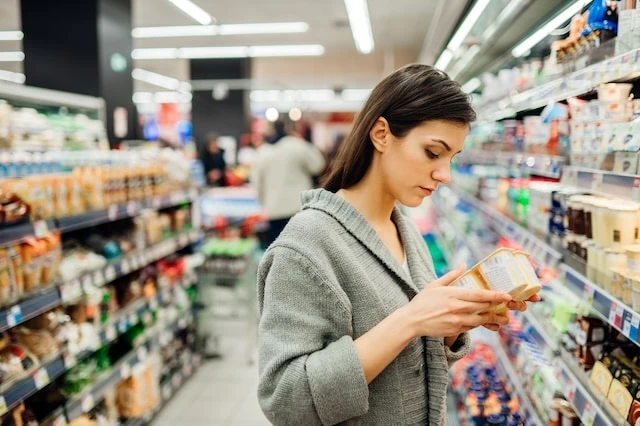
Even if an item isn’t highly perishable, it might be close to expiring and won’t be usable (or at least usable in prime condition) for much longer. Yes, you can often use unopened items past the expiration date, but determining exactly how long you can do so safely can be risky.
For example, you might be compelled to stock up on your favorite makeup items when they’re on sale. But if very old eye makeup gets into your eyes, particularly after it’s been open for a while, it can lead to an eye infection. So even if your makeup isn’t to the point of being dangerous, it might dry out before you get the chance to use it.
Related: 7 Best Schwab Index Funds to Buy
3. Spices
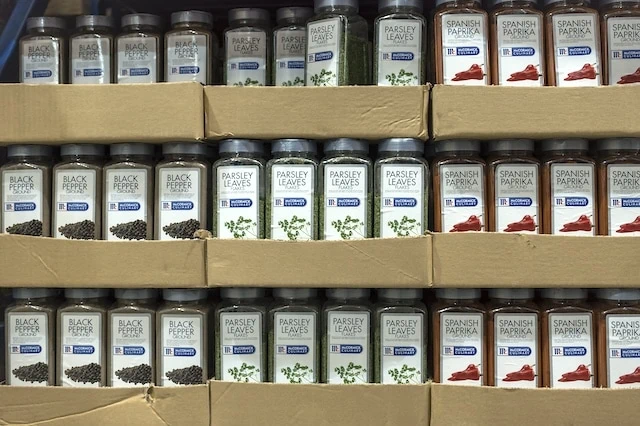
Everyone needs a little spice in their life, but except for your most commonly used spices, it’s best not to buy these in bulk. Spices start to lose potency and flavor after about six months.
For full flavor potential, buy smaller portions of your less commonly used spices. You will pay more and have to buy them more frequently, but it should translate into a noticeable difference in flavor when you cook.
4. Items You’ve Never Tried

This goes without saying, but don’t try out anything new in warehouse-club sizes. Even if the food sounds delicious, even if the face cream looks magical, don’t do it. You might hate those frozen pizzas, and that face cream might cause a significant breakout—and if you have to throw away your bulk purchase, you’re throwing away a lot of money.
I’ll note that some items are warehouse-club exclusives you can only buy in bulk, so there might be no way of sidestepping this issue with those products. But wherever possible, only buy items in bulk that you’ve already tested.
Related: The Best Dividend Stocks to Buy: 10 Pro-Grade Picks
5. Anything You Don’t Use
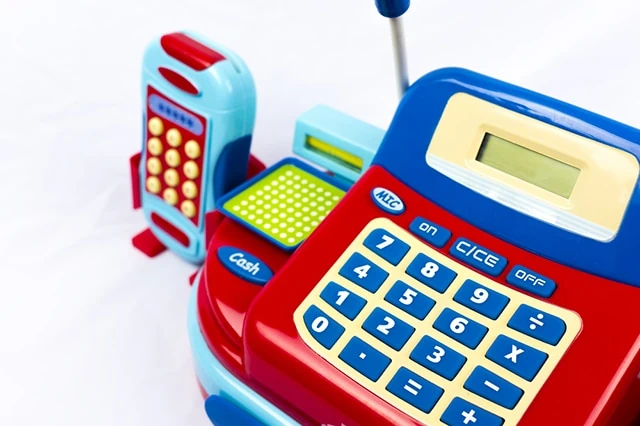
I know this seems painfully obvious, but some people truly can’t say no to any bargain—and they’ll end up buying products they don’t even use. Even if a store is practically giving away perfume, ask yourself: Do you even wear perfume? Do you plan to? Similarly, don’t buy toys that your child has already aged out of, or hefty winter gloves when you live in a hot climate.
It’s OK to say no to some deals.
6. Junk Food
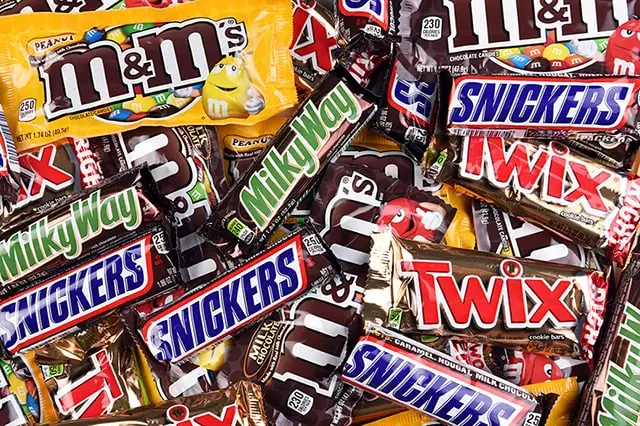
Do you ever feel like candy bars call to you like a siren’s song? Well, plug your ears. People trying to improve their health shouldn’t buy junk food in bulk. You can tell yourself that you’ll eat that 12-pack of king-sized Snickers over the course of a year, but when you see that box every day, there is a good chance you’ll indulge more than you planned.
It’s common for people who are trying to eat better to have little (if any) junk food around the house. If you have to go to the store to satiate a craving, you’re much more likely to skip it to avoid the hassle. You might save money buying treats in bulk, but your body will thank you for purchasing smaller amounts instead.
7. Items That Take Up Too Much Space

People living in shoebox apartments should hold off on getting a membership to warehouse stores like Costco or Sam’s Club in general. But if you are compelled to buy in bulk, avoid bulky items.
Even if you can get a bunch of great deals in bulk, what good are those deals if you have nowhere to store everything? You don’t want a paper-towel avalanche every time you open a cabinet or your closet, so until you have more space, only buy smaller items in bulk.








